Construction is not the only thing that’s booming. So is recognition of the troubles caused by construction employer tax fraud. Recently, for the first time, the U.S. Department of the Treasury recognized tax fraud and workers’ compensation premium fraud in the construction industry as a serious concern.
The attention from the Treasury Department aligns with what UBC regional council leaders and members have been saying since 2019 during Tax Fraud Days of Action events across the U.S. and Canada.
This year, once again, UBC regional councils will be educating policymakers, the media, contractors and the public in Tax Fraud Days of Action, April 13 – 19.
There’s more. The U.S. Treasury’s Financial Crimes Enforcement Network (FinCEN) is a premier federal agency that collects information from banks about suspected financial crimes, and shares that information with federal, state and local law enforcement agencies. The Financial Transactions and Reports Analysis Centre (FINTRAC) is a similar agency in Canada.
Last August, FinCEN sent a notice to banks, check cashing stores and other financial institutions directing them to report suspicious transactions of their construction business account holders. FinCEN wrote:
“[FinCEN] is issuing this Notice to call financial institutions’ attention to what law enforcement has identified as a concerning increase in state and federal payroll tax evasion and workers’ compensation insurance fraud in the U.S. residential and commercial real estate construction industries.”
The notice even maps out how labor brokers are used by crooked contractors to break the law. Because fraud plagues both Canada and the U.S., and since Canadian banks operate in both countries, it is likely that FINTRAC will issue a similar notice.
The FinCEN notice was followed this February by the U.S. Treasury’s report, 2024 National Money Laundering Risk Assessment, which cited construction as an industry prone to human trafficking. The report also includes an entire section titled “Tax Crime,” devoted to the alarming increase in construction employer tax fraud and workers’ compensation premium fraud.
The FinCEN notice and Treasury’s report align with a recent study of fraud in the U.S. construction industry from The Century Foundation. That report discloses $10 billion a year in state and federal tax fraud, $1.9 billion in overtime wage theft and $5 billion in unpaid workers’ compensation premiums, which should draw attention to the practices of insurers that actually enable premium fraud. For more on that, read the article in this website’s Learn More Section.
The Century Foundation report also states that $5.1 billion in employment taxes, which employers should be paying, are being foisted onto the backs of families. That’s just wrong.
In Canada, the residential construction industry has the notorious distinction of contributing 26 percent, or $13 billion, to the nation’s $61.2 billion underground economy. Canada’s burgeoning underground economy is responsible for $3.1 billion in lost provincial and federal revenues and the residential construction industry is the leading contributor to those losses.
These are important and attention-grabbing developments that UBC regional councils will amplify during Tax Fraud Days of Action 2024.
We won’t stop until we’ve cleaned up construction for good.
See you in April.


